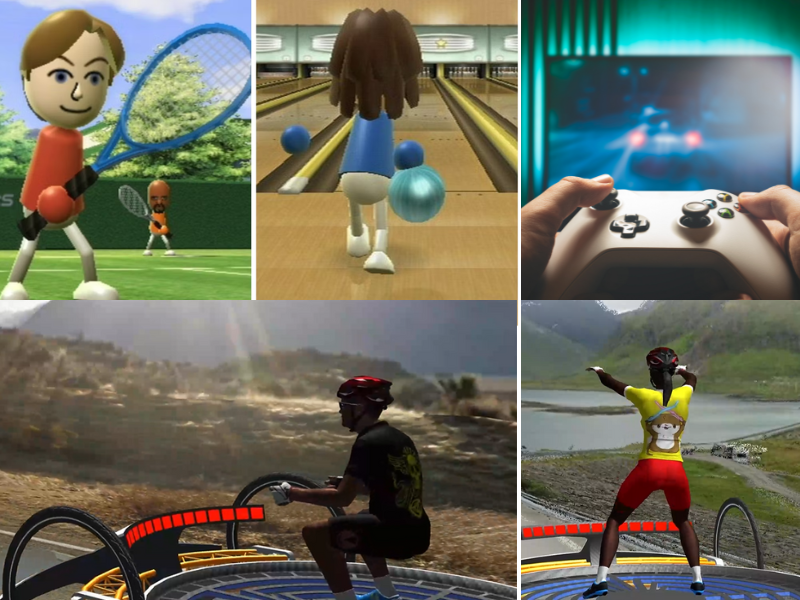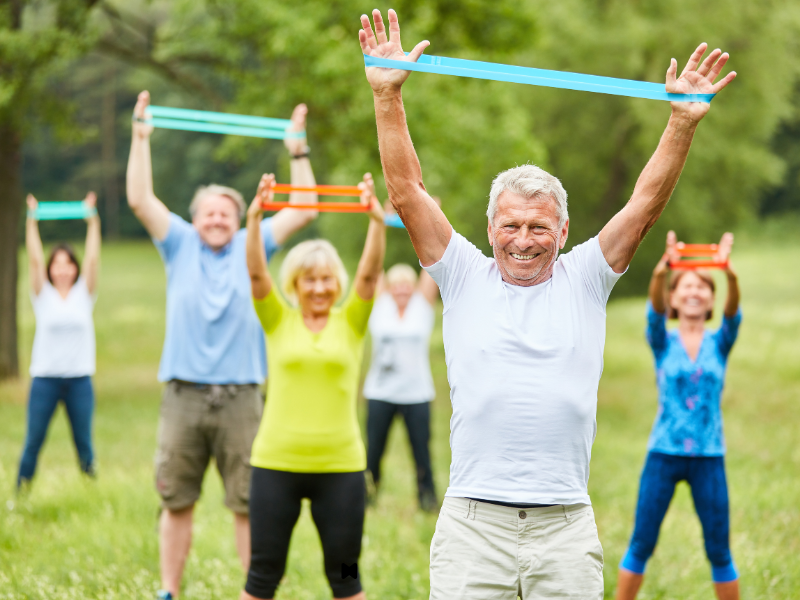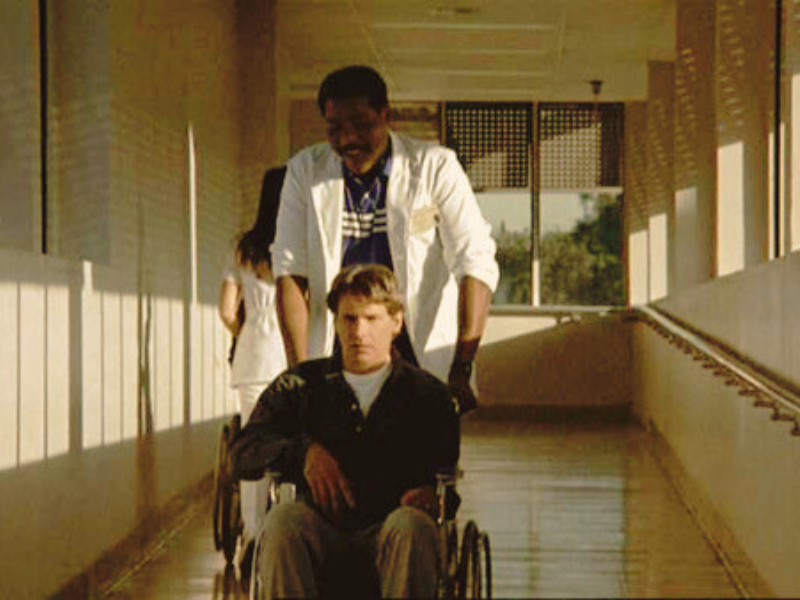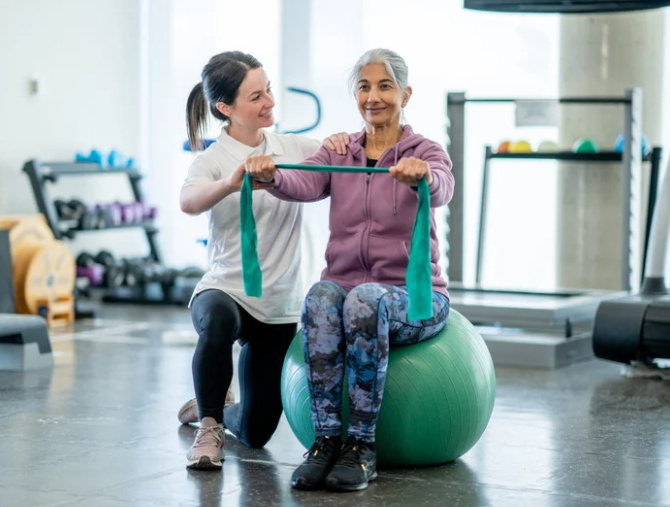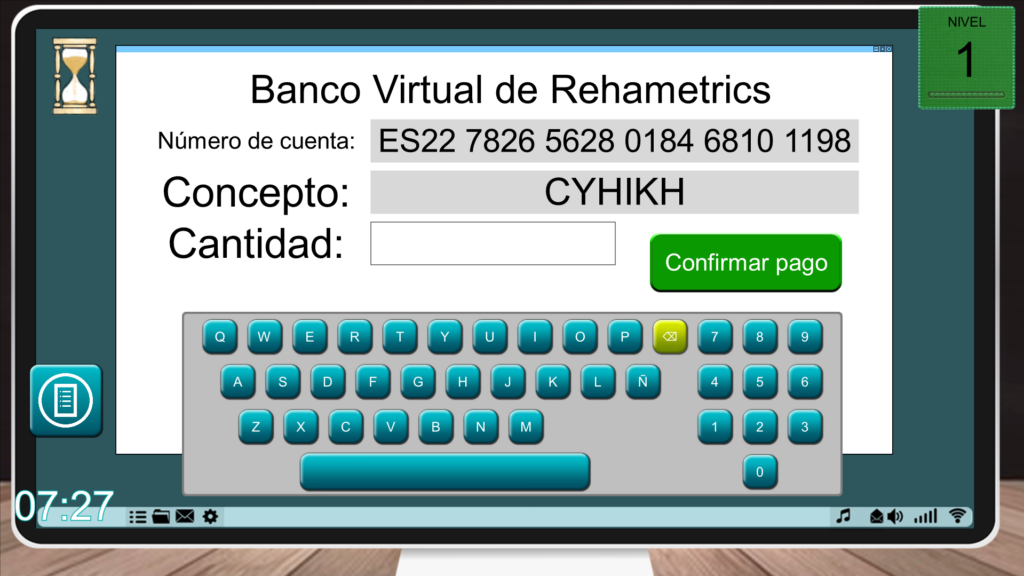Video games in physiotherapy
Why use video games in Physiotherapy? Video games can be an effective and attractive tool in physiotherapy, as they help patients in their rehabilitation by making exercises more interactive and enjoyable. Not only with children, but also with adults or even geriatric patients video games can be used in physiotherapy sessions. Here are some ideas, […]
Video games in physiotherapy Read More »
